-37%
Delving into the Key Principles of Transfusion Medicine
Transfusion Medicine: Unveiling its Essential Pillars
Authored by MPH Joseph Schwartz, MD, MPH, and Huy Pham, MD, the book “Key Concepts in Transfusion Medicine” fulfills the purpose of reviewing and reinforcing the fundamental principles that medical professionals involved in the practicalities of blood transfusion require. This encompasses apheresis and cellular therapy.
The book caters to a diverse audience, including clinicians who prescribe blood components, nurses responsible for their administration, physicians and technicians pursuing specialization in blood banking, and experienced professionals guiding newcomers in the field. It elucidates the current knowledge base in transfusion medicine, presenting the material in a conversational and accessible manner.
Key Concepts in Transfusion Medicine condenses the vast repository of knowledge in the field, employing comprehensible language tailored for nonspecialists. It strategically highlights crucial ideas, facts, conclusions, and recommended readings. This approach empowers readers to establish a solid comprehension of transfusion-related topics, enabling them to make well-informed transfusion decisions and pursue further exploration in the field.
The book’s distinct format incorporates marginal notes that serve as an effective tool for reinforcing critical points, encompassing both valuable insights and cautionary reminders.
Topics Encompassed:
-
Blood Component Preparation and Storage: This section delves into the complexities of preparing and preserving blood components, ensuring their efficacy and safety.
-
Blood Typing and Compatibility Testing: The book explores the fundamental principles behind blood typing and compatibility testing, guiding clinicians in understanding the significance of these procedures for safe transfusion practices.
-
Indications for Transfusion: Here, the authors provide a comprehensive overview of the indications for blood transfusion, outlining the clinical scenarios where transfusions are medically necessary.
-
Administration of Blood: This section offers detailed guidance on the proper administration of blood transfusions, emphasizing the importance of adherence to safety protocols and patient monitoring.
-
Transfusion Reactions and Infectious Diseases: Key Concepts in Transfusion Medicine addresses the risks associated with blood transfusions, including potential transfusion reactions and infectious disease transmission.
-
Patient Blood Management: This topic emphasizes the significance of patient blood management strategies, including blood conservation techniques and alternatives to transfusion.
-
Therapeutic Apheresis: The book explores the therapeutic applications of apheresis, a specialized procedure used to separate and remove specific components from the blood.
-
Transfusion Emergencies: The authors provide a comprehensive guide to managing transfusion emergencies, ensuring prompt and effective interventions in critical situations.
-
Special Situations: This section delves into unique considerations and challenges in transfusion medicine, catering to patients with specific conditions or circumstances.
In summary, Key Concepts in Transfusion Medicine offers nineteen insightful chapters penned by leading experts in the field. It serves as an indispensable resource for professionals seeking to enhance their knowledge and expertise in transfusion medicine while fostering safe and effective transfusion practices.
maybe you like these too:
- Mollison’s Blood Transfusion in Clinical Medicine (Klein, Mollison’s Blood Transfusion in Clinical Medicine) 12th Edition
- 2021 AABB Virtual Annual Meeting (Videos)
- Comprehensive Review of Blood Banking 2015 (Videos)
- Transfusion Support for Patients with Sickle Cell Disease, 2nd Edition (Original PDF from Publisher)


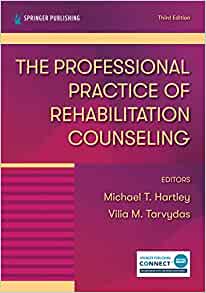
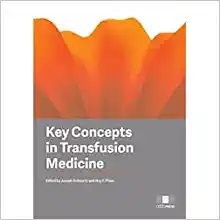

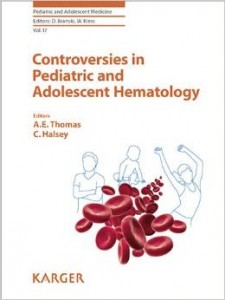
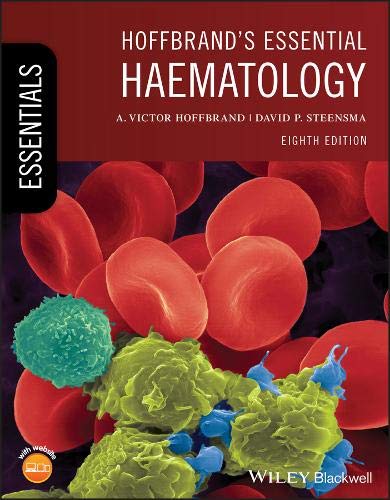
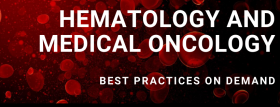

Reviews
Clear filtersThere are no reviews yet.